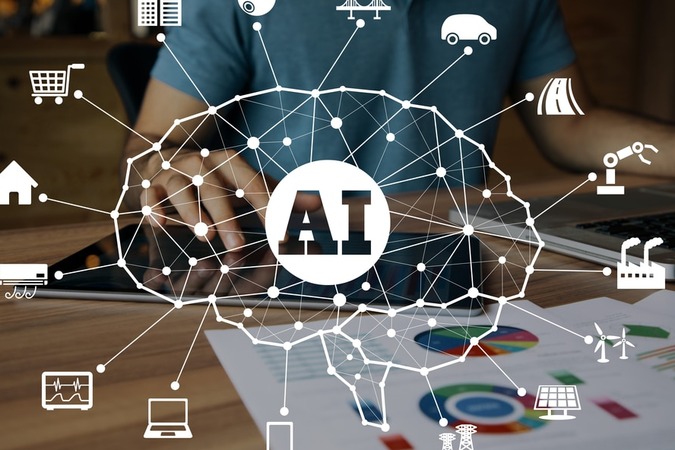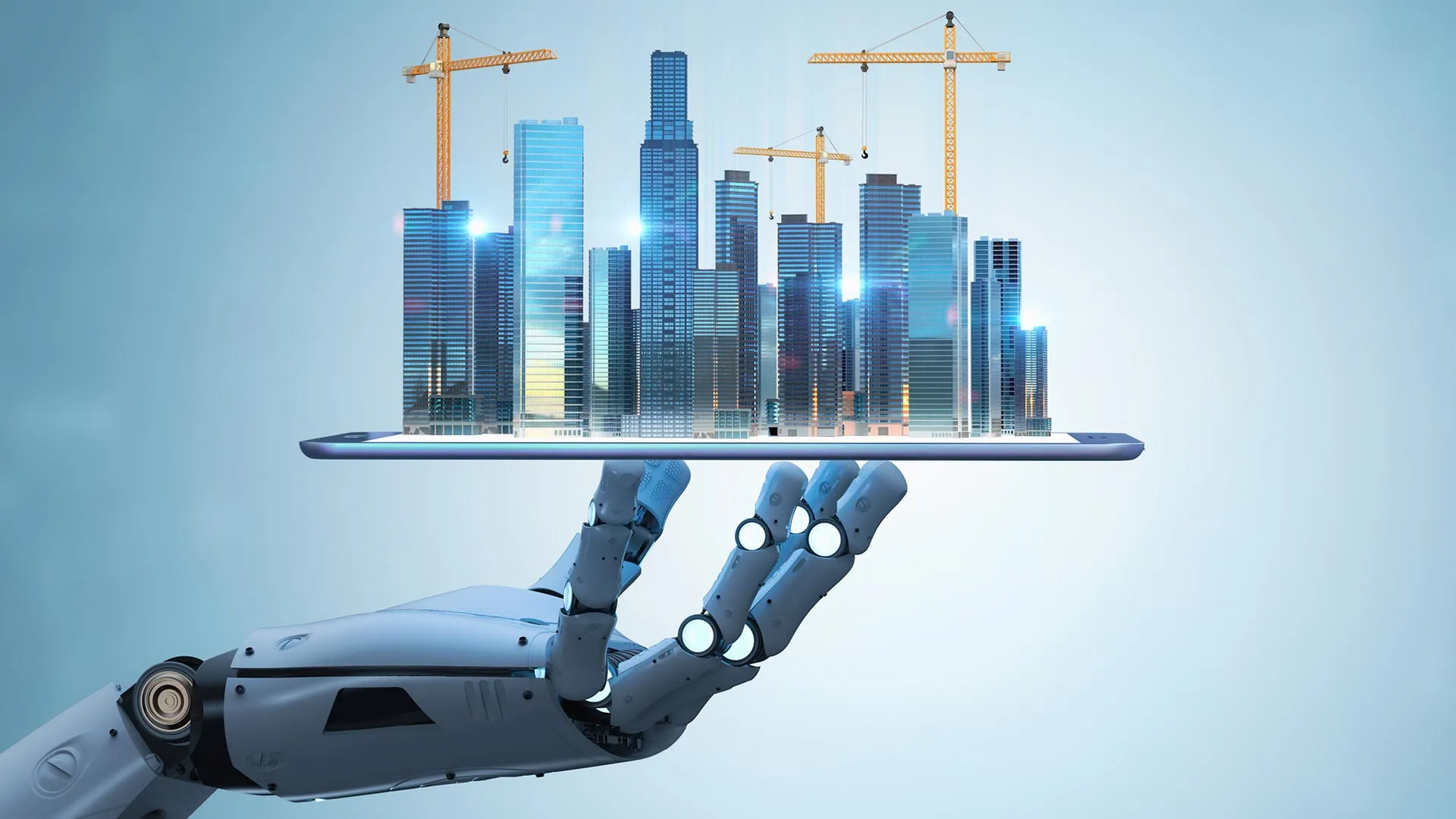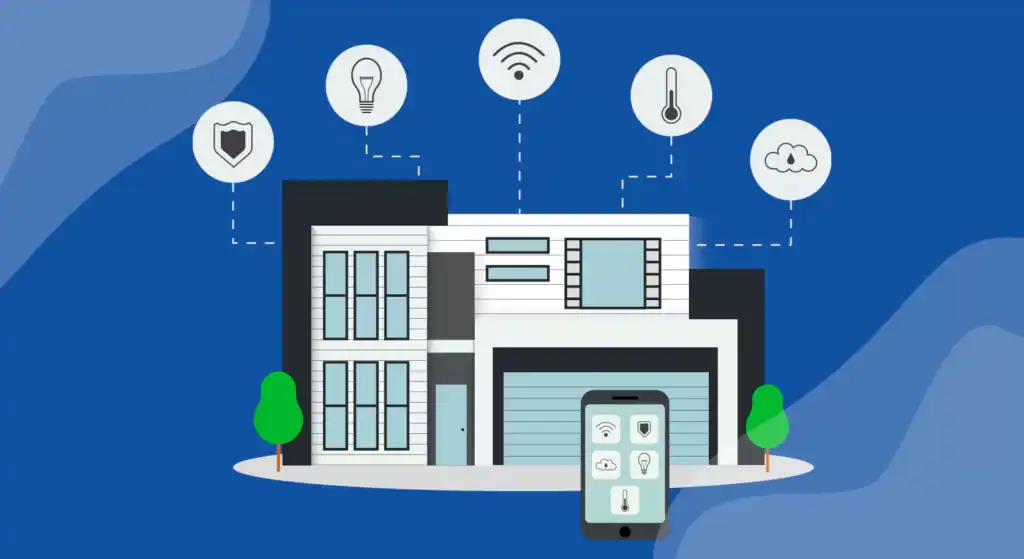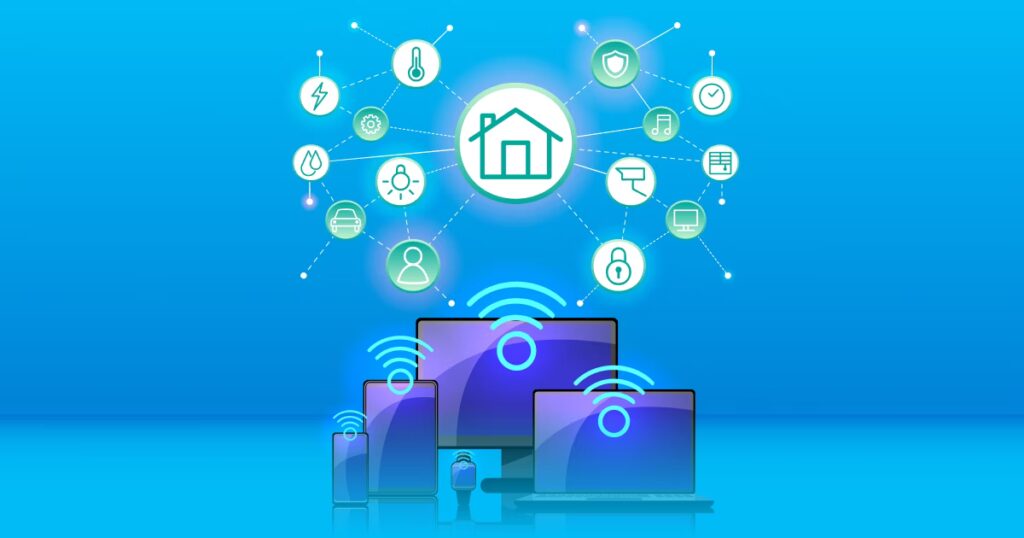In today’s fast-paced digital landscape, customer expectations are evolving rapidly. Businesses are under increasing pressure to deliver instant, round-the-clock support without sacrificing quality. Enter AI-powered chatbots—automated, intelligent virtual assistants that are transforming customer service across industries.
What Are AI-Powered Chatbots?
AI-powered chatbots are software applications that simulate human conversation using natural language processing (NLP), machine learning (ML), and sometimes even sentiment analysis. Unlike basic rule-based bots, AI chatbots can understand context, learn from past interactions, and handle a wide variety of customer queries with minimal human intervention.
Why Chatbots Are Revolutionizing Customer Service
24/7 Availability
One of the most significant advantages of AI chatbots is their ability to operate around the clock. Customers no longer have to wait for business hours to get their questions answered. This is especially beneficial for global companies dealing with different time zones.
Instant Responses
Speed is a key driver of customer satisfaction. AI chatbots can respond in seconds, reducing wait times and improving the overall customer experience. This is especially helpful during high-traffic periods when human agents might be overwhelmed.
Cost Efficiency
Hiring, training, and retaining a full customer support team can be expensive. AI chatbots reduce these costs significantly by automating routine inquiries, allowing human agents to focus on more complex issues. Businesses can scale support without a linear increase in costs.
Consistency in Responses
Unlike human agents, who may vary in tone, accuracy, or mood, AI chatbots deliver consistent responses every time. This helps ensure that all customers receive the same high level of service.
Multilingual Support
With built-in translation capabilities, chatbots can interact with customers in multiple languages, expanding a business’s reach without needing native-speaking agents for every region.
Key Use Cases in Customer Service
Handling FAQs
AI chatbots can easily manage frequently asked questions such as shipping information, return policies, and account issues. This reduces the volume of inquiries that reach human agents.
Order Tracking and Updates
By integrating with inventory and logistics systems, chatbots can provide real-time updates on order status, delivery dates, and more.
Appointment Scheduling
In industries like healthcare, finance, or salons, chatbots can book, modify, or cancel appointments based on real-time availability.
Product Recommendations
Retailers use AI chatbots to analyze browsing behavior and suggest personalized product recommendations, enhancing the shopping experience.
Technical Support
Advanced chatbots can troubleshoot basic technical issues by guiding users through diagnostic steps or providing links to helpful resources.
Implementing Chatbots: Best Practices
Start with Clear Goals
Identify what you want the chatbot to achieve—whether it’s reducing response times, improving user satisfaction, or deflecting calls from live agents. Align the chatbot’s functionality with those goals.
Ensure Seamless Human Handoff
Not all issues can be resolved by a bot. Make sure there’s an easy transition path from chatbot to a human agent, and that agents have access to the chat history for continuity.
Keep Language Natural and Friendly
Train the chatbot to understand and respond in a tone that reflects your brand voice. Use NLP to make conversations feel more human-like and intuitive.
Test and Optimize Regularly
AI chatbots improve with use, but they still need monitoring. Use analytics to identify where users drop off, what questions go unanswered, and continually update the bot’s responses.
Protect Customer Data
Ensure the chatbot complies with privacy laws like GDPR or CCPA. Implement encryption and secure data handling practices to maintain customer trust.
Challenges and Considerations
Limitations in Understanding
Despite advances, AI chatbots may struggle with complex, ambiguous, or emotional inquiries. Poorly designed bots can frustrate customers if they don’t understand the question or provide irrelevant answers.
Over-Reliance on Automation
Relying too heavily on chatbots can alienate customers who prefer human interaction. It’s crucial to strike the right balance between automation and personalized support.
Initial Development Costs
Although chatbots save money in the long run, setting up an AI-powered system requires upfront investment in technology and training data.
The Future of AI Chatbots in Customer Service
As AI technology continues to evolve, the capabilities of chatbots will only expand. Features such as voice integration, emotional intelligence, and proactive support are already being explored. In the near future, chatbots could predict customer needs before they arise, offer dynamic product demos, or act as full-fledged virtual assistants across platforms.
AI-powered chatbots are not just a trend—they are fast becoming a cornerstone of effective customer service. By embracing this technology strategically, businesses can provide faster, smarter, and more scalable support while keeping customers satisfied and loyal.
Frequently Asked Questions
What is an AI-powered chatbot in customer service?
An AI-powered chatbot in customer service is an automated software tool that uses artificial intelligence (AI), specifically natural language processing (NLP) and machine learning (ML) algorithms, to interact with customers in a conversational way. These chatbots can handle a wide range of customer queries, from answering frequently asked questions (FAQs) to troubleshooting issues and even recommending products. Unlike traditional rule-based bots that follow a set of predefined responses, AI chatbots can learn from past interactions, adapt over time, and provide more personalized support to customers.
How do AI-powered chatbots improve customer service?
AI-powered chatbots improve customer service by providing several key benefits:
-
24/7 Availability: Chatbots are always available, allowing customers to receive support at any time, including nights, weekends, or holidays.
-
Instant Response Time: Unlike human agents who might be busy with other customers, chatbots can respond immediately, reducing wait times and increasing overall customer satisfaction.
-
Cost Efficiency: Chatbots handle routine queries, which reduces the need for a large customer service team, cutting operational costs for businesses.
-
Consistent Service: AI chatbots deliver the same quality of support every time, ensuring consistency in customer experiences.
-
Personalization: By analyzing customer data, AI chatbots can offer tailored responses and suggestions, leading to a more personalized and engaging interaction.
What are some common use cases of AI chatbots in customer service?
AI chatbots are highly versatile and can be used in a variety of ways within customer service:
-
Handling FAQs: Chatbots can instantly answer common questions such as “What are your store hours?” or “How can I track my order?”
-
Order Tracking: Chatbots can be integrated with the company’s inventory or order management system to provide real-time updates on the status of an order, shipping details, or expected delivery times.
-
Technical Support: For businesses offering tech products or services, chatbots can guide customers through troubleshooting steps and provide relevant solutions.
-
Appointment Scheduling: In industries like healthcare or salons, AI chatbots can assist in booking, rescheduling, or canceling appointments, saving time for both customers and staff.
-
Product Recommendations: By analyzing customer preferences and browsing behavior, chatbots can recommend products or services tailored to individual customer needs.
How do AI chatbots handle complex customer queries?
AI chatbots, while impressive, do have limitations when it comes to handling complex or nuanced customer queries. However, advanced AI chatbots with machine learning capabilities can:
-
Understand Context: These chatbots can learn from past interactions and understand the context of a query, making it easier to provide relevant answers.
-
Escalate to Human Agents: When a chatbot recognizes that a query is too complex or outside its capabilities, it can seamlessly hand off the conversation to a live human agent, ensuring that customers receive the appropriate support.
-
Continuous Learning: As the chatbot interacts with more users, it continuously improves by learning from customer conversations, allowing it to better handle complex inquiries in the future.
Are AI chatbots secure?
Yes, AI chatbots can be secure if designed with the proper security protocols in place. When using chatbots that interact with sensitive customer data (e.g., personal information, credit card numbers), businesses must ensure the following:
-
Data Encryption: All customer interactions should be encrypted to prevent unauthorized access.
-
Compliance with Privacy Laws: Ensure that the chatbot complies with privacy regulations such as GDPR or CCPA.
-
Authentication Protocols: For sensitive transactions, chatbots should be integrated with multi-factor authentication (MFA) or other secure login methods.
-
Regular Audits: Regular security audits should be conducted to identify and fix any potential vulnerabilities.













